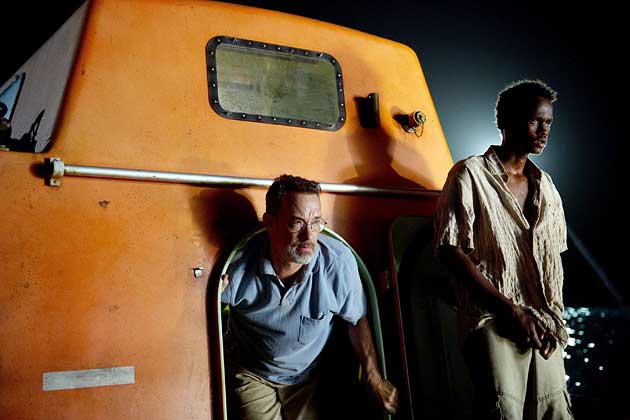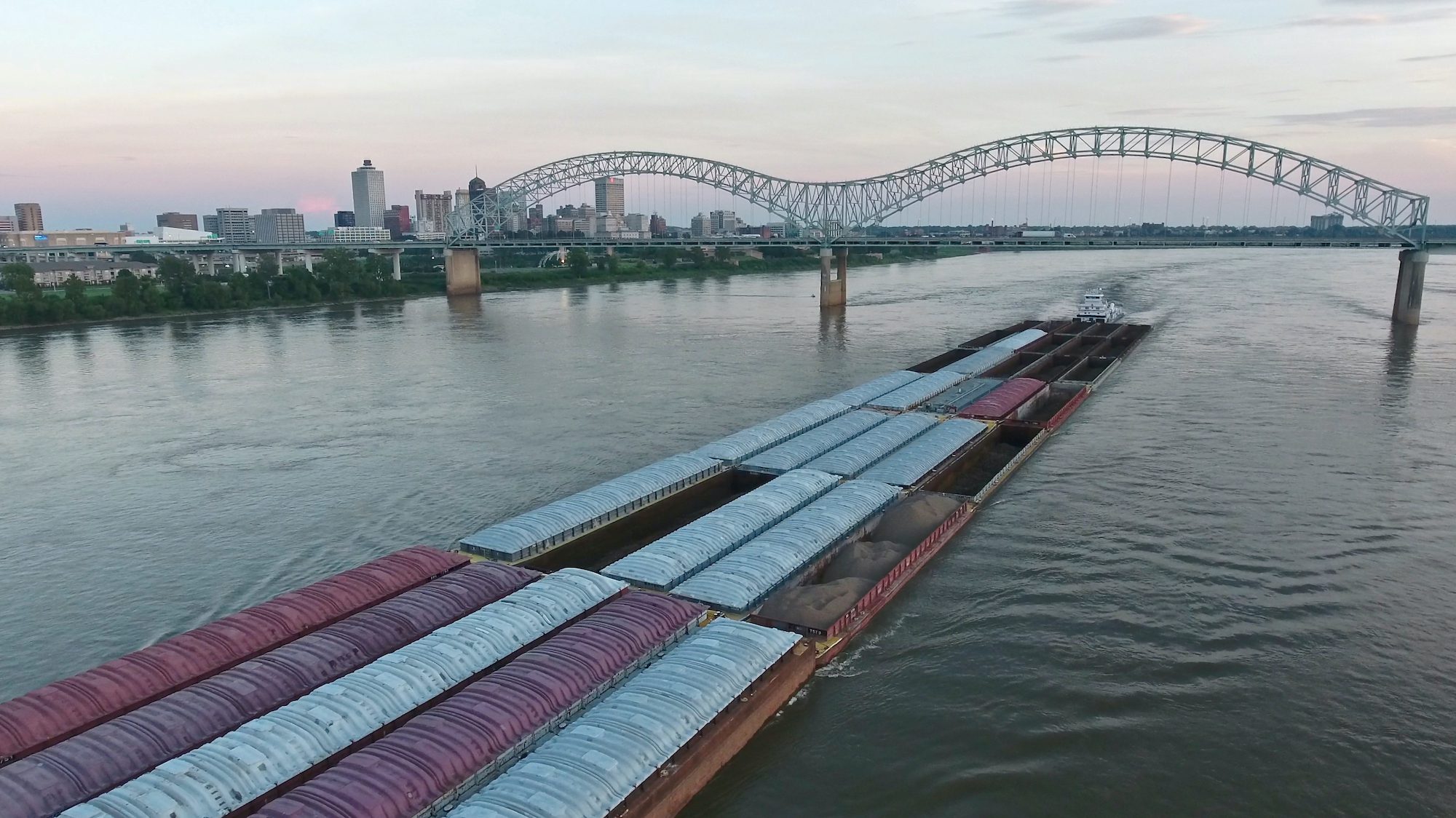By Paul M. Barrett, Bloomberg
The big movie this weekend is the well-reviewed Captain Phillips, a high-seas piracy drama based on a 2009 hijacking in which Tom Hanks plays the eponymous Richard Phillips. In real life, some of Phillips’s former crew members are complaining about how Hollywood told their story. The unhappy seamen allege that the filmmakers, in their eagerness to portray Phillips as a classic hero, fudged key facts. And since this is America, the dissident crew members are lodging their complaints via lawsuits against the owners of the hijacked freighter.
The legal actions in Alabama (PDF) and Texas (PDF) seek unspecified monetary damages. The suits do not name Phillips or formally accuse him of wrongdoing. A trial is scheduled to begin in Mobile, Ala., in December.
“I want moviegoers to know that the true heroes are the Navy marksmen and Navy personnel who bailed out the shipping company and Captain Phillips,” Brian Beckcom, the Houston attorney representing nine of Phillips’s former subordinates in their suits against Maersk Line and Waterman Steamship Corp., said at a press conference on Thursday. He described his clients as “the brave crew members who fought back against the pirates.” The plaintiffs claim a variety of physical and emotional injuries.
The cargo ship MV Maersk Alabama was hijacked by Somali pirates in April 2009 as it sailed along the coast of Africa. Phillips was taken hostage on a small lifeboat and eventually rescued by Navy SEALs. “While this event certainly makes for an exciting movie, could it have been avoided altogether?” That’s the question posed on Beckcom’s law firm website. His answer: “The pirate hijacking would never have taken place if not for the negligence of the captain, shipping company, and ship operator.”
Specifically, the suits allege that Phillips had been clearly warned to steer the Alabama at least 600 miles off the coast of Somalia, because of the danger of piracy. Instead, in an effort to save time and money, he allegedly ordered the ship to within about 250 miles of the coast. The corporate defendants deny any liability.
CNN.com has an interesting report on the imbroglio:
Phillips said to CNN’s Drew Griffin in 2010 and in a court deposition last year that he ignored the numerous warnings that urged him to go farther out to sea. … When asked last year why he decided not to take the boat farther offshore, Phillips testified, “I don’t believe 600 miles would make you safe. I didn’t believe 1,200 miles would make you safe. As I told the crew, it would be a matter of when, not if. … We were always in this area.”
After his rescue by U.S. Navy SEAL commandos, Phillips was lauded as a hero and wrote a book about his ordeal, “A Captain’s Duty.” The publisher promoted him as a sea captain who risked his life by offering himself as a hostage “in exchange for the safety of the crew,” something Phillips later acknowledged was a falsity spread by erroneous media reports.
Paul Greengrass, the director of Captain Phillips, doesn’t claim that his movie is literally accurate. “Movies are not journalism,” he told the Associated Press. “Movies are not history.” Perhaps not. But an awful lot of moviegoers will assume they’re getting an honest account from a film that advertises itself as being “based on a true story.” Pass the popcorn.
-Paul M. Barrett , Copyright 2013 Bloomberg.

 Join The Club
Join The Club











